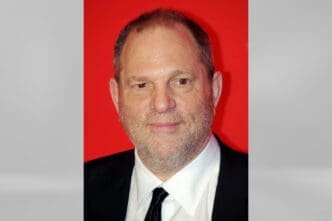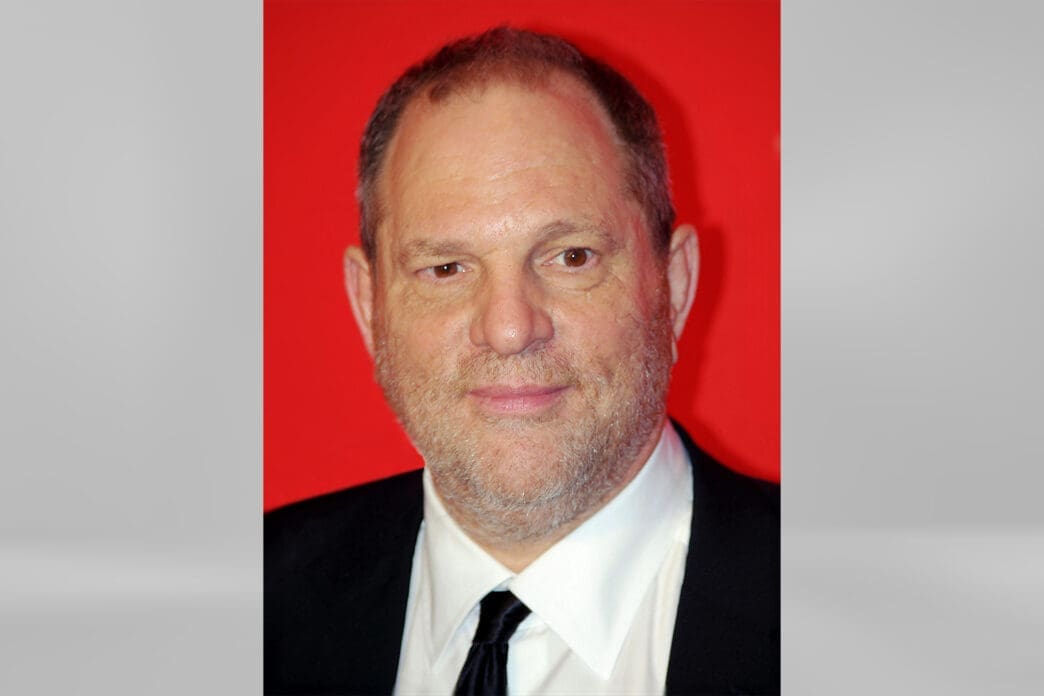Five years after Harvey Weinstein’s conviction for rape, the former film producer returns to a Manhattan courthouse for a new trial that revisits the same allegations, alongside a new one. This is not a case of double jeopardy but rather a retrial, following a New York appeals court’s decision to overturn the initial #MeToo verdict a year ago. The state’s Court of Appeals annulled Weinstein’s convictions and 23-year prison sentence, citing “egregious” judicial rulings and biased testimony that compromised the fairness of the original trial.
Jury selection is anticipated to take several days, with opening statements and testimonies expected to commence next week. Judge Curtis Farber has indicated that, in addition to 12 jurors, six alternates will be chosen. Prosecutors estimate the retrial will last about a month.
The new trial essentially combines two separate cases. Weinstein, now 73, is facing charges related to two women from his first trial in 2020—Jessica Mann and Miriam Haley. Additionally, he is being tried for the first time on an accusation from a woman not previously involved in the case. Weinstein has pleaded not guilty and denies all allegations of rape or sexual assault. Certain counts, including those of predatory sexual assault and one first-degree rape charge, are off-limits for retrial as they resulted in acquittals during the first trial.
This judicial proceeding unfolds in a different climate compared to Weinstein’s initial trial, which drew significant media attention and public protests. The #MeToo movement, sparked by numerous allegations against Weinstein in 2017, has since evolved, with Weinstein also having been convicted in a separate rape case in Los Angeles, a verdict he is appealing. While some celebrities continue to face legal challenges for alleged sexual misconduct, the frequency of such allegations has diminished since the early days of the movement.
Weinstein is facing retrial on two charges from the original proceedings: one count of criminal sexual act for allegedly forcing oral sex on a movie and TV production assistant in 2006, and one count of third-degree rape for allegedly assaulting an aspiring actor in a Manhattan hotel room in 2013. Haley, a former production assistant on “Project Runway,” testified in 2020 that Weinstein forced oral sex on her at his Manhattan apartment in June 2006, despite her resistance. Although she maintained contact with Weinstein afterward, even visiting his hotel room two weeks later, New York law at the time does not categorize her allegations as rape.
Mann, who viewed Weinstein as a mentor figure, testified that he trapped her in a hotel room in March 2013, coerced her to undress, and then raped her. She claims he raped her again eight months later at a Beverly Hills hotel. Mann kept in touch with Weinstein post-assault, sending emails to placate him, as she feared his fragile ego.
The new charge involves Weinstein allegedly forcing oral sex on another woman at a Manhattan hotel in 2006. This woman, who was not part of the first trial, has chosen to remain anonymous. Her allegations emerged shortly before Weinstein’s initial trial, but were not pursued until after his conviction was vacated. Prosecutors have since secured a new indictment based on her testimony, although Weinstein’s defense argues against the timing of this charge.
The necessity for a new trial arose when New York’s Court of Appeals annulled Weinstein’s conviction in April 2024. The court, in a 4-3 decision, critiqued then-Judge James Burke for permitting testimony unrelated to the case and allowing the prosecution to potentially expose Weinstein’s past misconduct if he testified. Despite denouncing the allegations against Weinstein as “appalling” and “shameful,” the court emphasized that character assassination disguised as prosecutorial need was unacceptable. Judge Burke’s judicial term ended in 2022. In a dissent, Court of Appeals Judge Madeline Singas expressed concern over overturning jury verdicts in sexual violence cases, highlighting potential risks to women’s safety.














